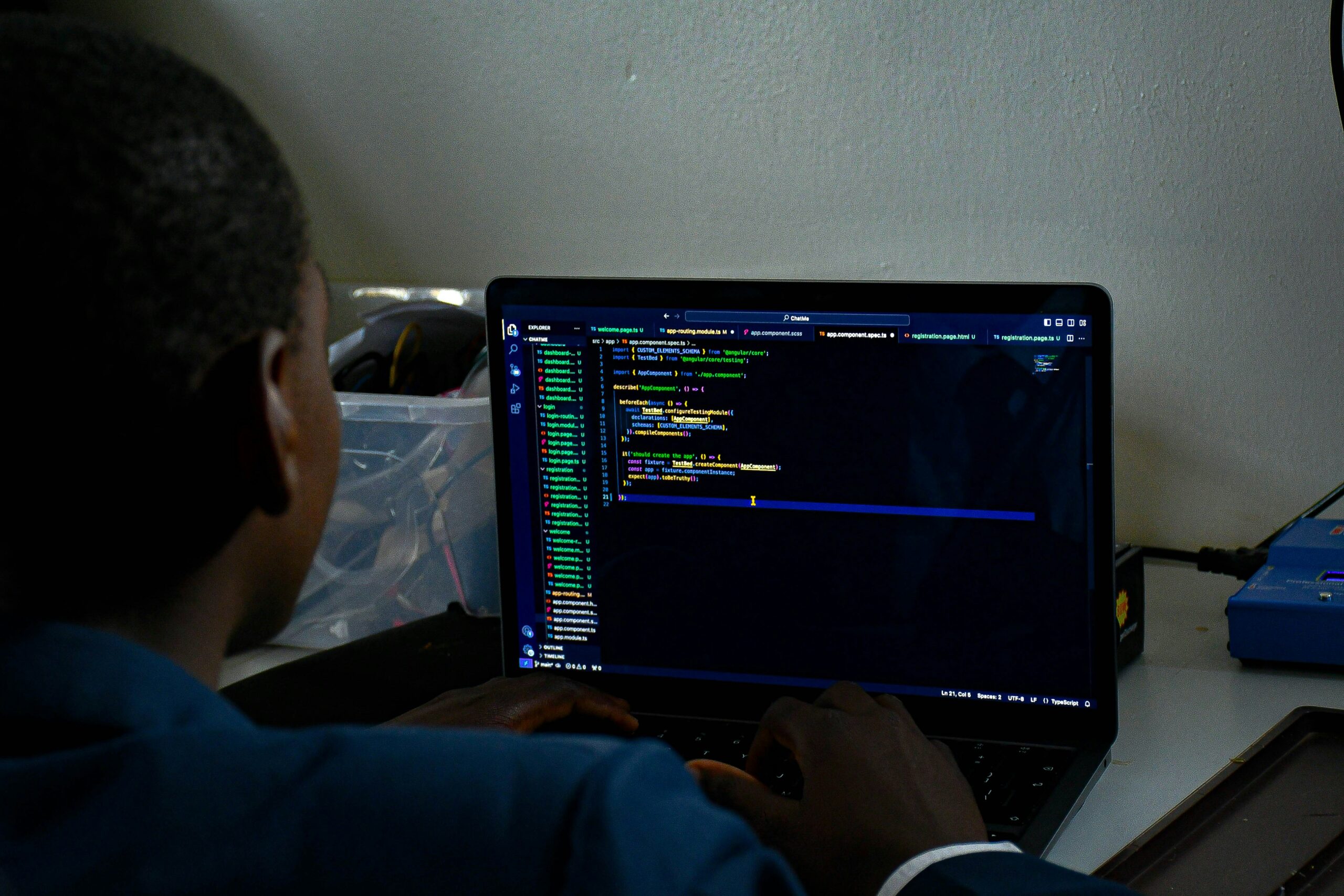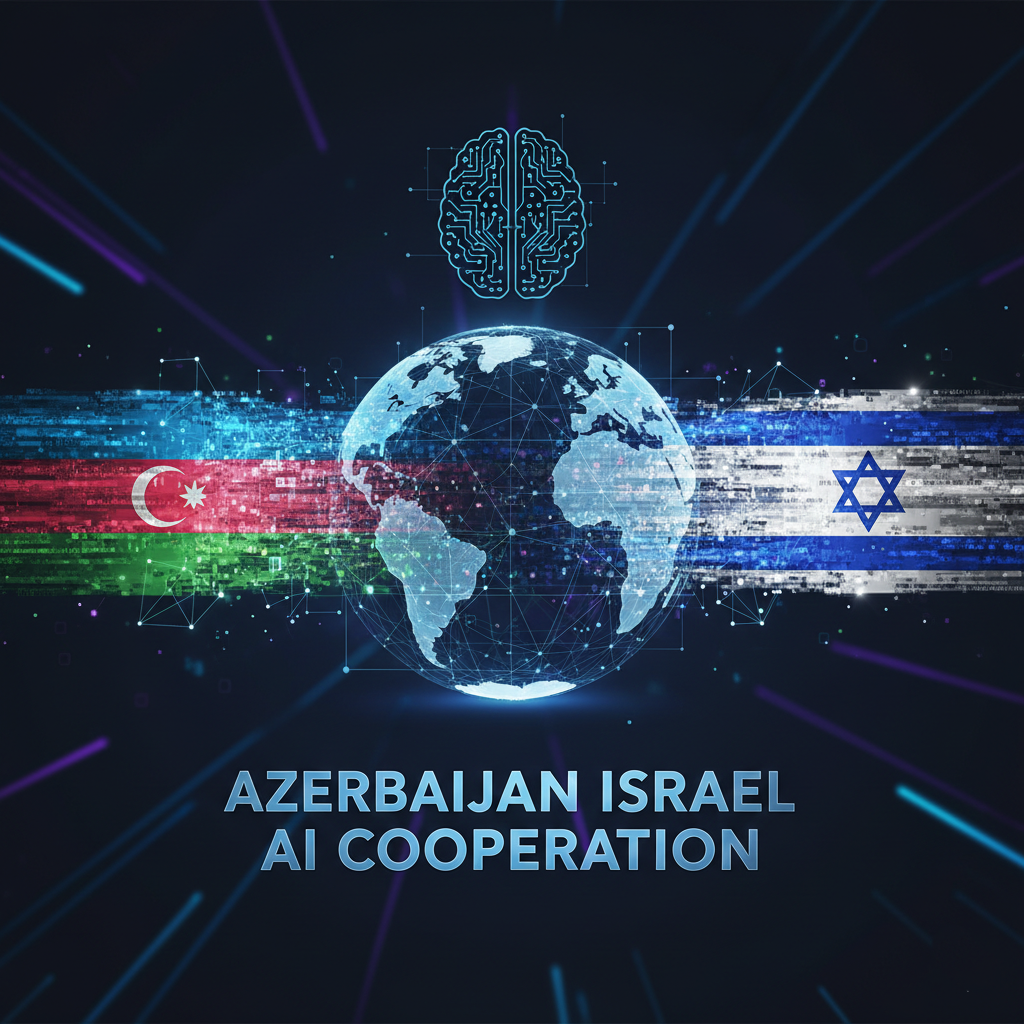The artificial intelligence industry has been hit with one of its most significant legal developments to date: Anthropic’s $1.5B settlement over AI training data. This unprecedented agreement comes after a group of authors and content creators sued the AI startup for allegedly using their copyrighted works without permission to train its large language models.
The settlement not only resolves one of the most high-profile lawsuits in the field of generative AI but also sets the stage for how courts, regulators, and companies will address copyright concerns in the era of artificial intelligence.
How the Lawsuit Began
Anthropic, one of the leading challengers to OpenAI, has built powerful large language models that rival ChatGPT. But like many AI developers, Anthropic faced allegations that its models were trained on copyrighted books, articles, and other creative works scraped from the internet without explicit authorization.
A coalition of authors, publishers, and content creators filed a class-action lawsuit, claiming billions of dollars in damages. Their argument was straightforward: while human readers can draw inspiration from a book, AI models trained on massive datasets effectively copy and learn patterns from those works at scale, amounting to large-scale copyright infringement.
The plaintiffs sought compensation for past misuse and demanded stronger protections to ensure their work would not be exploited by AI systems in the future.
The Terms of the $1.5B Settlement
The Anthropic $1.5B settlement is among the largest ever paid by an AI company in a copyright case. The deal includes:
- $1.5 billion in compensation distributed to authors, publishers, and other content owners.
- A licensing framework that requires Anthropic to pay for access to copyrighted data moving forward.
- Transparency commitments, where Anthropic must disclose the types of data used in model training.
- Ethical guidelines designed to ensure compliance with intellectual property laws in future AI development.
This agreement is being hailed as both a victory for creators and a warning to AI companies: ignoring copyright law in the race to build advanced models comes at a steep cost.
Why This Case Matters
The Anthropic $1.5B settlement is more than just a financial penalty—it could reshape how AI is built and trained globally. There are three reasons why it stands out:
- Legal Precedent: Courts now have a roadmap for handling copyright disputes in AI training. Other pending lawsuits, such as those against OpenAI and Stability AI, may follow this model.
- Industry Impact: Every major AI company—Google DeepMind, Microsoft, Meta, and OpenAI—faces similar questions about whether their datasets contain copyrighted works. This settlement may force them to negotiate licenses rather than risk billion-dollar lawsuits.
- Creator Empowerment: Writers, musicians, and artists have long feared being left behind in the AI revolution. This settlement proves their rights cannot be ignored.
The AI Industry’s Dilemma
Generative AI thrives on massive amounts of text, images, and video data. But much of that content is copyrighted. Training models without permission allows AI to advance rapidly, but it creates legal and ethical risks.
For AI companies, the dilemma is clear:
- Pay for data licenses → slowing innovation but staying legally safe.
- Scrape data without consent → accelerating progress but facing billion-dollar lawsuits.
The Anthropic $1.5B settlement suggests that the era of “free data for AI” may be coming to an end. Companies will need to rethink how they source and use training data, potentially creating new industries around licensing digital content for AI.
Reactions From the Tech World
The tech community is divided over the settlement. Some experts see it as a necessary correction to protect intellectual property, while others fear it could stifle innovation.
- Supporters argue that creators deserve fair compensation when their work is used to build billion-dollar AI products.
- Critics warn that such massive settlements could limit competition, as only the largest firms with deep pockets will be able to afford legal licenses.
OpenAI, Microsoft, and Meta are reportedly reviewing their legal strategies in light of Anthropic’s decision, while smaller startups fear that rising compliance costs could crush innovation.
Regulatory Implications
The Anthropic $1.5B settlement arrives as governments worldwide are rushing to regulate AI. The European Union’s AI Act already includes provisions about training data transparency, and U.S. lawmakers are exploring copyright reforms for AI-generated content.
This case gives regulators a clear example of why new rules are needed. It strengthens the argument that AI should operate within existing copyright frameworks, rather than claiming “fair use” of all internet data.
What This Means for Authors and Creators
For authors and other creative professionals, the settlement is a breakthrough moment. It shows that their voices can influence the AI industry and that copyright law still matters in the digital age.
Beyond financial compensation, the settlement creates a framework where creators may be able to license their work to AI companies in exchange for royalties. This could create new revenue streams for writers, musicians, and visual artists, while also ensuring AI companies operate more ethically.
The Future of AI Training
Looking forward, the Anthropic $1.5B settlement could reshape the AI industry in several ways:
- Licensed Training Data: Expect more partnerships between AI firms and publishers.
- Transparency Reports: AI companies may be forced to reveal exactly what datasets they use.
- Smaller Models: If data becomes more expensive, companies may opt for smaller, more efficient models rather than massive ones.
The case also highlights the need for technical innovation. AI researchers may invest in synthetic data generation or more efficient training techniques that reduce reliance on copyrighted content.

Conclusion
The Anthropic $1.5B settlement over AI training data is a watershed moment for artificial intelligence. It highlights the tension between innovation and intellectual property, forcing the industry to confront legal and ethical boundaries it had largely ignored.
For creators, it’s a long-awaited victory that promises greater respect for their work. For AI companies, it’s a warning shot that the cost of ignoring copyright could reach billions. And for regulators, it’s a signal that the time for stronger oversight has arrived.
As the AI industry continues to evolve, the settlement will likely be remembered as the moment when the rules of the game changed—balancing the rights of creators with the ambitions of tech giants.




j7jzpw